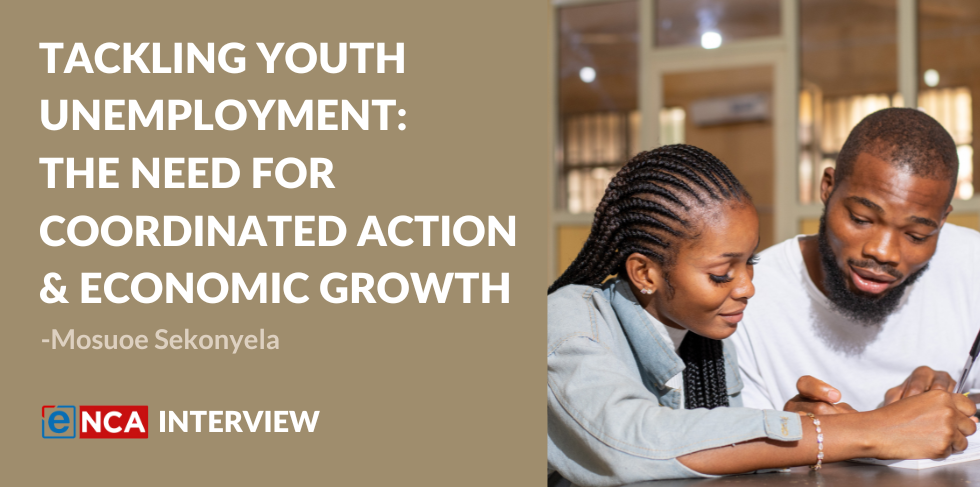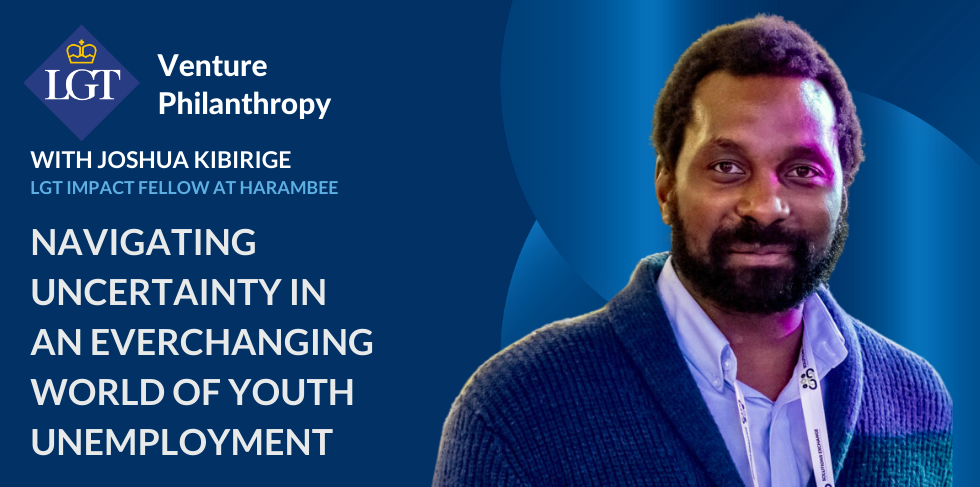On average, South African women have more educational qualifications but still remain less employed and economically active than men. In fact, young women are 6-8% less likely to be working than men. This reality proves Harambee Youth Employment Accelerator’s decade-long hypothesis that more schooling and qualifications alone do not translate into economic opportunity, particularly for those most excluded from the labour market.
Our analysis over this past year reveals that women earn less than men across almost every occupation type and job family. The average income in the formal sector is relatively stable and relatively high and growing sectors like Global Business Services (GBS) offer higher-paying entry-level jobs. However, a gendered analysis of earnings across all occupation types – including entry-level roles for data capturers, call centre agents, IT technicians and software testers – shows that men earn more than women. On average, young men make at least +6% more than their female counterparts.
This study of youth income and earnings is, in fact, a study of gender disparity. The question is: what actions can be taken to address this?
Firstly, we need a targeted focus on the inclusion of women when promoting job creation. The GBS sector has done just this – of the 3,731 new jobs created in the sector in the past quarter, 65% were for young women. This didn’t happen by accident. The sector’s Industry Master Plan Framework not only aims to create 500,000 new net jobs by 2030 but also has a specific focus on impact sourcing, including women. Its industry-wide support – not just from suppliers but clients and customers too – is so needed, but now the focus must broaden beyond simply employing women to equal pay too.
More attention must also be paid to the other demands women face, which hinder their career progress in ways that do not affect men. For example, the additional burden of household duties and unpaid care work that women undertake is a reality for most and a significant reason for their inability to find work or continually upskill themselves to find better, higher-paying work.
Harambee’s research reports a monthly disparity of R500 in the salary of men and women software testers. In contrast, the DigiLink programme that develops the next generation of young digital talent into these roles ensures that its graduates are all paid equally for their work – it’s pay for the job, not the gender. But will these young women be able to keep up with the progress of their male peers? We don’t know yet, as the project is still in its infancy. However, we do know that to succeed and progress in digital jobs, employees must consistently keep on top of the ever-evolving skills needed to do digital work. We also know that often, employers expect this to happen out of the office, in personal time. And we know that women have considerably less of that time available to them because of their additional personal workload at home.
So those employers who advocated for equal pay at the beginning must also shift their workplace landscape to give women the same equity for progress as men to avoid the growing pay gap we see over time in so many other sectors.
Women continue to signal their willingness to work by joining platforms like SA Youth – 65% of the SA Youth network is female, despite its gender-neutral positioning.
Once working, our data shows that young women perform as well as young men at the same level. In addition, the evidence is clear about the benefits of women’s increased economic and social participation in the economy. Greater gender equality leads to better development outcomes. It contributes to reducing income inequality and boosting economic diversification and, in turn, supports economic resilience. Higher economic participation by women leads to higher spending on schooling for children, with important implications for growth in the long run. And more women earning promotes economic growth.
Source: https://www.digitalcouncil.africa/docs/2022/august/12/Connex-Publication-22-08.pdf. Published 12 August 2022. Written by Tracey Swart, Harambee Youth Employment Accelerator. Image: iStock







 Stay Connected
Stay Connected



